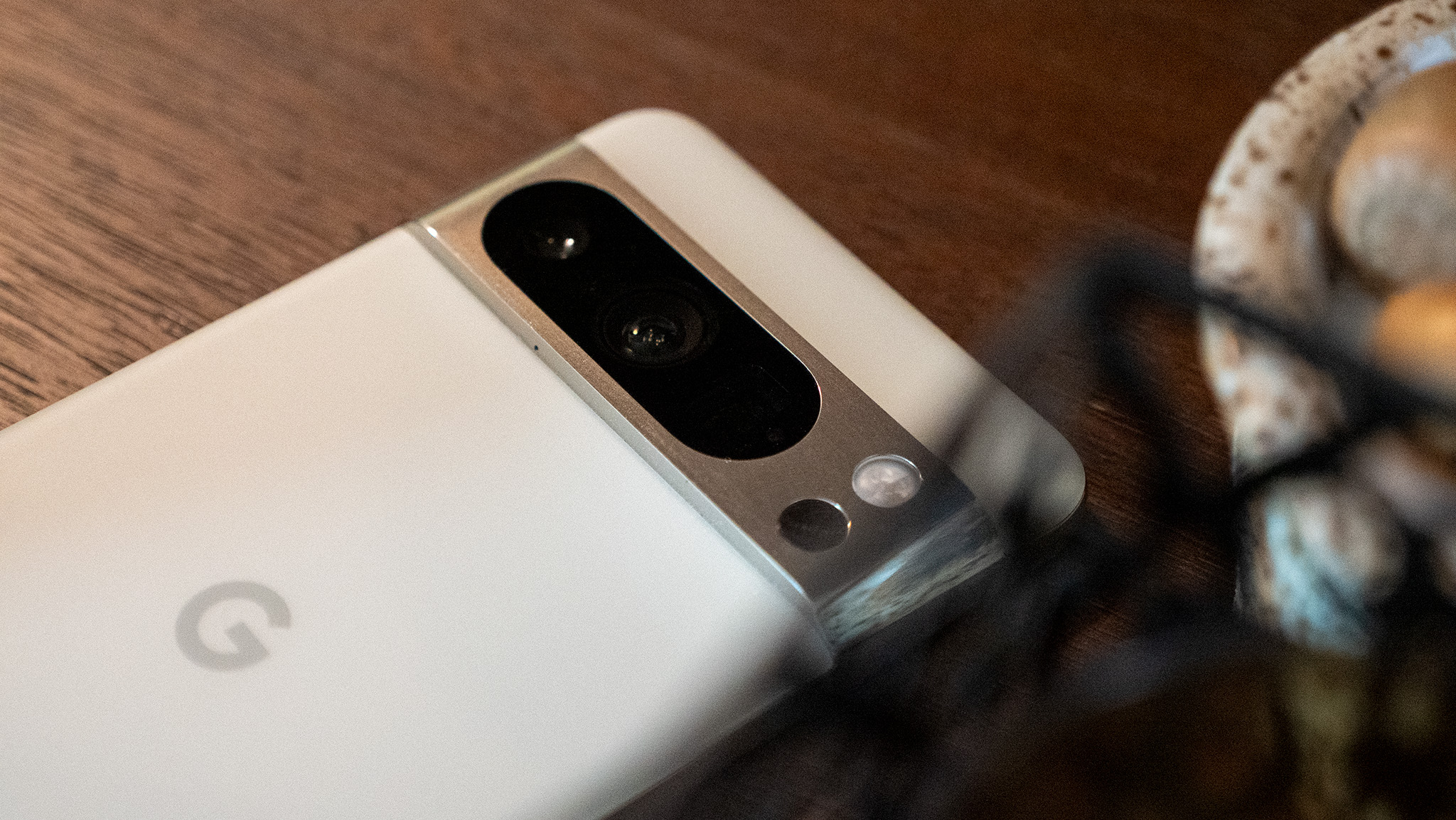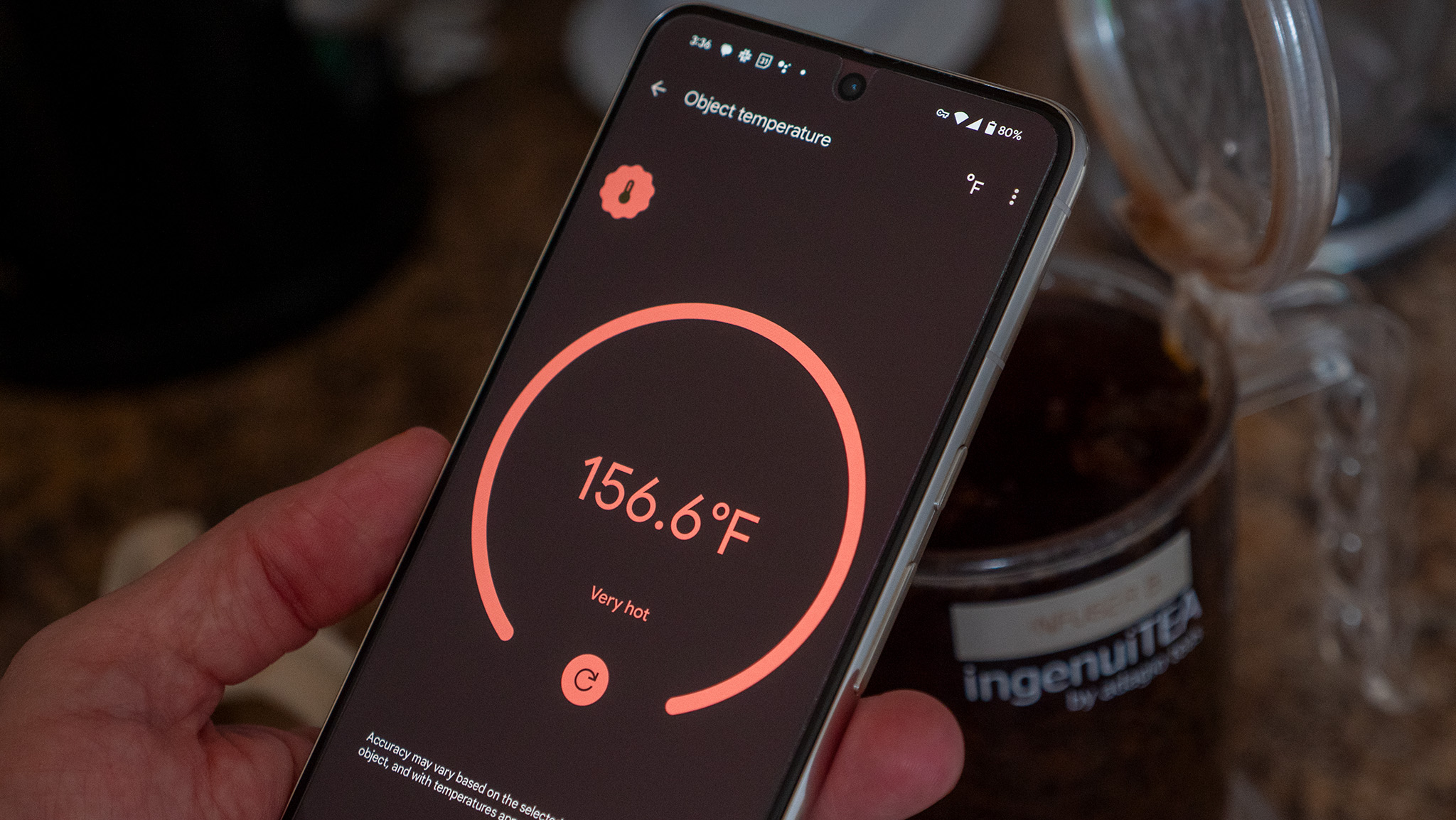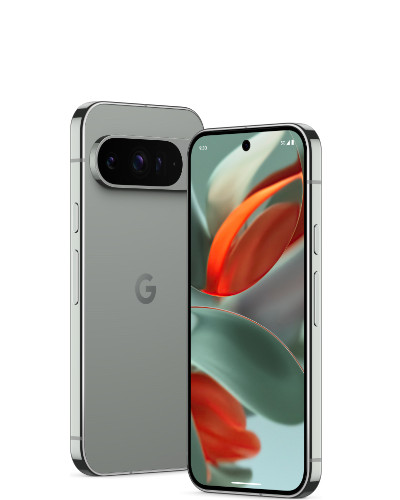Why do so many features get announced before they are ready?
Next year is a ridiculous promise.

It seems that it's becoming more common for companies making tech products to promise a future update that enables a key feature. It's really not, but it feels that way because the wait times keep getting longer, and the prices of the gadgets keep growing. This makes us notice it more and more.
You can't single out any one company for doing it, either. We've seen it from Google, Samsung, Apple, and all the smaller players in tech time and time again. While I can't say with authority why companies do this, I can guess: they want to entice you to buy the thing they are showing you. Letting you know what it may be able to do one day is being used as a selling point.
What we can do is take a look at why it might take extra time to get features working. Nobody wants to hold up the release of a product because one thing isn't ready and none of us would be happy about waiting for the thing we want next. Doing that would push people to buy a competing product and no tech company wants that.
There are a couple of good reasons why it may take extra time to enable a feature. I think the biggest issue is also one that's unsolvable for even tech giants like Samsung or Apple: government regulation.
If a feature uses new technology or has a chance of interfering with existing tech, the right government bodies for each country need to evaluate it and approve it. This is a good thing because products all have to work together on the same "infrastructure." Signals need to coexist and we can't have one device causing trouble for others. The only way to ensure that is by having a strict set of rules that everyone has to follow and an agency that tests and certifies that products adhere to these rules.

This all goes double when it comes to healthcare. Anything used to diagnose, evaluate, or treat fitness and health issues must be both safe and accurate, or at least accurate enough to not be harmful. Nobody wants a health-tracking device that gives bad information, even if all these products come with a disclaimer that they aren't to be trusted. Miscounting your steps is merely inconvenient; misdiagnosing your heart rhythm could be much more serious. We saw the holdup of a working temperature sensor inside the Pixel 8 Pro because of this.
Another issue that crops up often is a legal one: patent infringement or disputes. We just saw this in action with the new Apple Watch; devices sold in the United States can't measure blood oxygen because of a dispute between Apple and Masimo, a company that builds medical-grade oxygen sensors. When this dispute is settled, Apple can send a software update that enables it, but until then, it will not work.
Be an expert in 5 minutes
Get the latest news from Android Central, your trusted companion in the world of Android
Other reasons are valid but harder to accept. Google promised an enhanced zoom feature using AI on the Pixel 8 Pro, but we had to wait for the release of the Pixel 9 a year later to see it. Google knew what it wanted to do and knew the Pixel 8 Pro hardware was capable, but it didn't know when it would be ready. It still told us about this future feature, though.
This happens a lot. Companies have grand plans and are certain they can make something happen, but it takes longer than anticipated. Sometimes it never happens at all.
I'm not saying companies need to stop doing this or telling you to stop buying products based on what they might do one day. Those decisions are not mine to make. I'm saying why it might happen and each of us should decide how much blame we should lay at the feet of the company making the promises. I really don't think a few small features should hold up the release of any device.
Myself? I only spend money based of what a product can do right now. If I get any future capability I consider it a bonus, not keeping a promise.

Get the Google features first
With the Google Pixel 9 Pro, you'll first get all the Google features (including Gemini) and seven years of system updates. You also get a stunning 6.3-inch display, Android 14, and a 4,700mAh battery. Let the fun begin!

Jerry is an amateur woodworker and struggling shade tree mechanic. There's nothing he can't take apart, but many things he can't reassemble. You'll find him writing and speaking his loud opinion on Android Central and occasionally on Threads.
You must confirm your public display name before commenting
Please logout and then login again, you will then be prompted to enter your display name.
